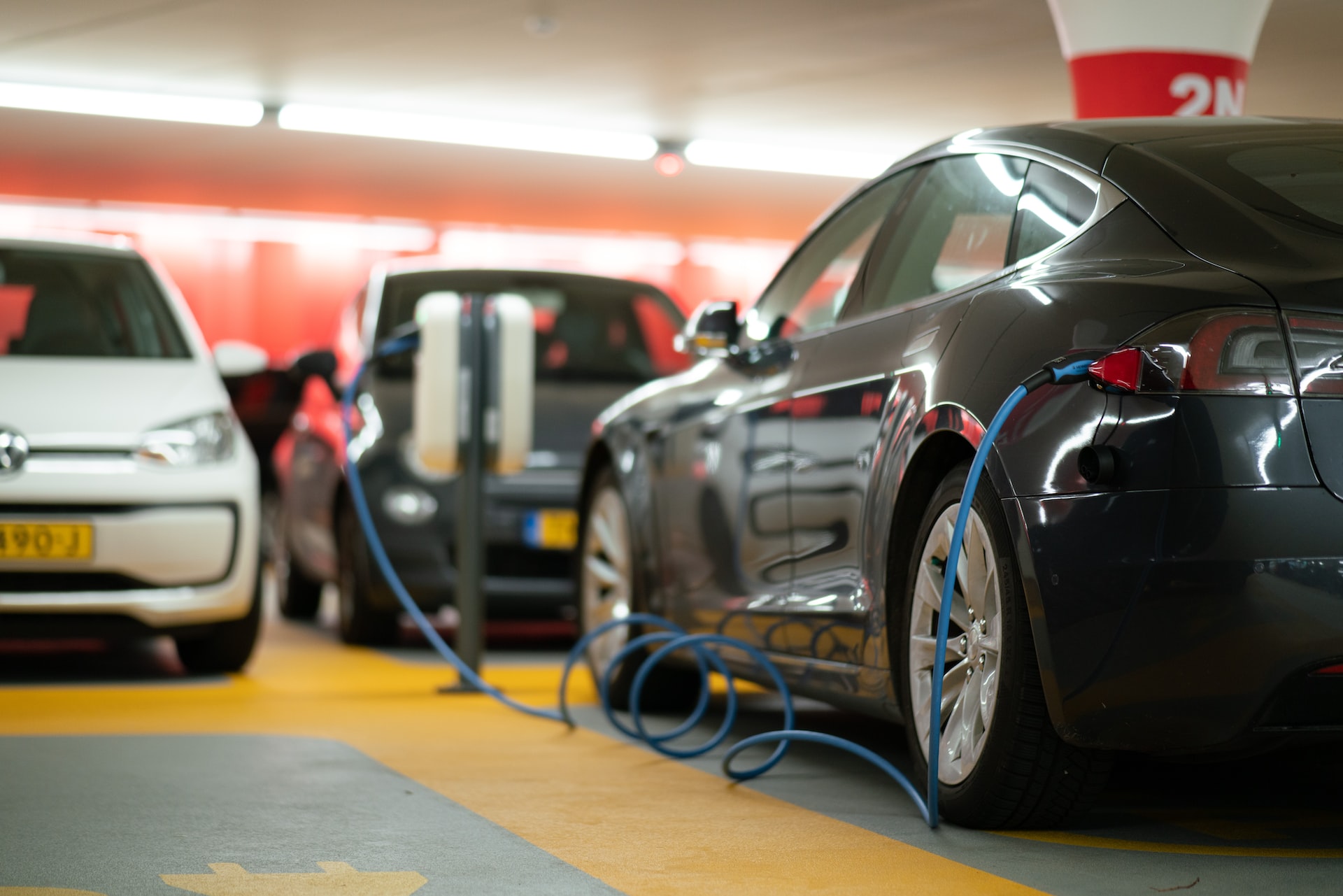Introduction
As the world moves towards a more sustainable future, electric cars are becoming increasingly popular as an alternative to gasoline vehicles. While both electric and gas cars have their advantages and disadvantages, it’s important to weigh the pros and cons of each before making a decision. Electric cars offer benefits such as lower fuel costs, zero emissions, and reduced maintenance costs, while gas cars generally have a longer range and are more readily available. In this article, we’ll explore the pros and cons of both electric and gas cars to help you make an informed decision about which type of vehicle is right for you. In this blog, we will cover electric cars vs gas cars pros and cons, and lastly, you will easily make a decision to choose one of them.
Electric Cars Pros and Cons
Pros of Electric Car
Environmental Benefits: Electric cars emit significantly less greenhouse gases than traditional gas cars, making them a more eco-friendly option. They also don’t release harmful pollutants into the air, which can improve air quality and reduce health problems related to air pollution.
Lower Operating Costs: Electric cars are much cheaper to operate than gas cars. They require less maintenance, and the cost of electricity is much lower than gasoline. Furthermore, many governments offer incentives and tax credits to encourage people to switch to electric vehicles, which can further lower the cost of ownership.
Quiet and Smooth Ride: Electric cars are incredibly quiet and provide a smooth, vibration-free ride, which can enhance the driving experience. The lack of engine noise and the smooth acceleration create a more peaceful, relaxing atmosphere in the car.
Better Performance: Electric cars have instant torque, which means that they can accelerate quickly and smoothly. They also have a lower center of gravity, which can improve handling and stability, especially around corners.
Energy Independence: With an electric car, you are not reliant on fossil fuels, which can be subject to price fluctuations and supply disruptions. Electric vehicles can be charged using renewable energy sources such as solar power, which means you can be energy-independent and reduce your carbon footprint.
Cons of Electric Car
Limited Range: One of the major drawbacks of electric cars is their limited range. Most electric cars have a range of 100-200 miles on a single charge, which is much less than the range of gas-powered cars. This can be a major issue for those who travel long distances or have to drive for extended periods without access to a charging station.
Long Charging Time: Another drawback of electric cars is the time it takes to charge them. Even with fast charging stations, it can take several hours to fully charge an electric car, whereas filling up a gas tank takes only a few minutes. This can be a major inconvenience for those who need to get back on the road quickly.
Higher Initial Cost: Electric cars are typically more expensive than gas-powered cars, which can be a major drawback for those on a tight budget. While the cost of electric cars has been decreasing in recent years, they are still more expensive than gas-powered cars, especially when you consider the cost of installing a charging station at home.
Limited Availability of Charging Stations: While there are more and more charging stations popping up across the country. They are still far less common than gas stations. This can be a major issue for those who need to travel long distances or live in areas where charging stations are scarce.
Environmental Concerns: While electric cars are often touted as being more environmentally friendly than gas-powered carS. There are still concerns about the environmental impact of the production and disposal of batteries used in electric cars. Additionally, many electric cars are still powered by electricity generated from fossil fuels. This can negate some of the environmental benefits of electric cars.
Do you know the Reasons Why Your Car Won’t Start?
Gas Cars Pros and Cons
Gas Car Pros
Wider availability of fuel: Gas stations are much more readily available than charging stations for electric cars, especially in rural areas. This makes gas cars more convenient for long-distance travel and remote areas.
Longer range: Gas cars have a much longer range than electric cars, which need to be recharged frequently. Gas cars can be driven for hundreds of miles on a single tank of fuel, whereas electric cars generally have a range of 100-300 miles.
Faster refueling: It only takes a few minutes to fill up a gas tank. While recharging an electric car can take hours.
Lower initial cost: Gas cars are generally cheaper to buy than electric cars, which are still a relatively new technology. This makes gas cars more accessible to people on a budget, especially those who need a car for daily commuting or short trips.
Better performance: Gas cars generally have more horsepower and torque than electric cars. Making them more powerful and responsive. Gas cars are also better suited for off-road driving and other activities that require a lot of power and control.
Check our blog on How to get better gas mileage
Gas Car Cons
Environmental Impact: Gasoline vehicles contribute significantly to air pollution and greenhouse gas emissions. Electric cars, on the other hand, produce zero emissions, reducing their environmental impact.
Maintenance Costs: Gasoline vehicles have more moving parts, which require regular maintenance and replacement. Electric cars have fewer moving parts, reducing maintenance costs.
Fuel Costs: The cost of gasoline fluctuates, making it difficult to predict fuel costs. In contrast, electric cars rely on electricity, which is more stable and predictable.
Range Anxiety: Gasoline vehicles have a longer range compared to electric cars, making long-distance travel more convenient. While electric car ranges are improving, there is still a concern about running out of battery power during longer trips.
Initial Cost: Gasoline vehicles are generally less expensive to purchase than electric cars. This initial cost difference may make it difficult for some consumers to justify the purchase of an electric car, despite the long-term savings.
Should I Buy an Electric Car?
However, if you are considering purchasing a new vehicle, it is important to consider your needs, lifestyle, and budget. Electric cars can offer numerous benefits such as zero emissions, lower fuel costs, and reduced maintenance costs, but they may not be suitable for everyone. Consider factors such as your daily commute, and access to charging stations. The availability of government incentives or tax credits before making a decision. It may also be helpful to test-drive electric cars to see if they meet your needs and preferences.
Do electric cars last longer than gas cars?
Electric cars generally have fewer moving parts and less wear and tear on their engines compared to gas cars. This can make them more durable and potentially last longer. However, factors such as battery life and maintenance practices can also impact longevity.
Is insurance expensive for electric cars?
Insurance for electric cars can be more expensive than for traditional cars due to their high purchase price and the cost of replacing their advanced technology. However, some insurance companies offer discounts and incentives for electric car owners to balance out the costs.
To check the best Used Japanese Car for sale, Vist SBT Japan




